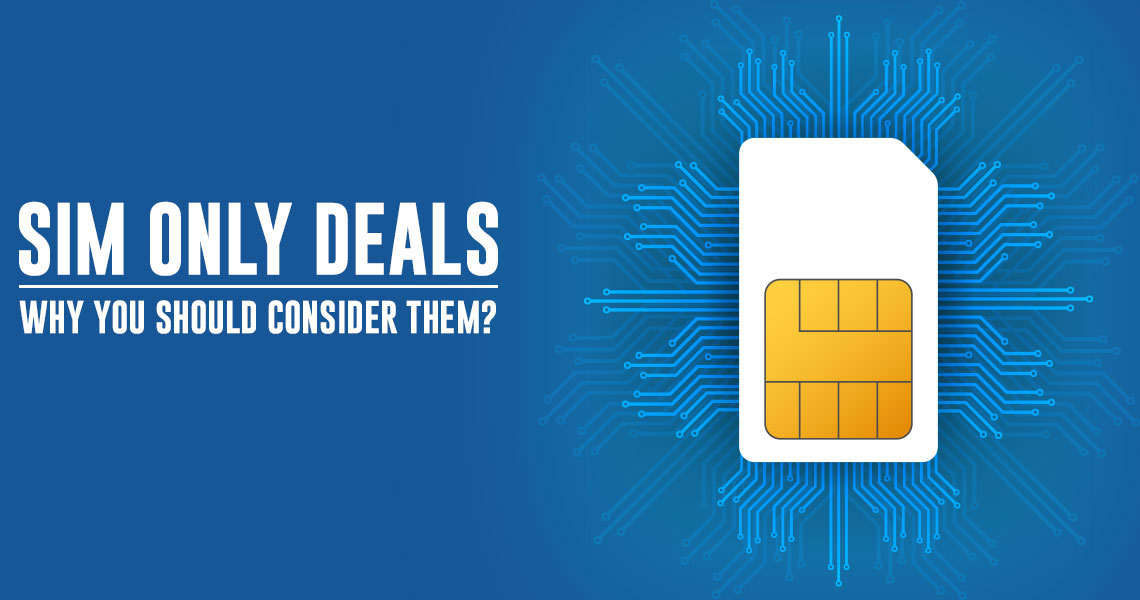Introduction:
In today’s interconnected world, mobile phones have become an integral part of our daily lives, allowing us to stay connected, access information, and communicate effortlessly. At the heart of every mobile phone lies a small but powerful component known as the SIM card. In this blog post, we will explore the world of mobile phone SIM cards, their significance, and how they enable seamless connectivity for users worldwide.
Understanding Mobile Phone SIM Cards:
A Subscriber Identity Module (SIM) card is a small, removable card inserted into mobile phones that authenticates and identifies the user on a mobile network. It securely stores crucial information, including the subscriber’s unique identification number, contacts, text messages, and network-specific data. SIM cards come in different sizes, including Standard SIM, Micro SIM, and Nano SIM, to fit various phone models.
Activation and Network Authentication:
When a new mobile phone is purchased, or a SIM card is replaced, the sim only deals needs to be activated. Activation typically involves inserting the SIM card into the phone and following the instructions provided by the network service provider. Once activated, the SIM card communicates with the mobile network to authenticate the user, allowing access to voice calls, text messages, and mobile data services.
Key Functions and Features:
a. Subscriber Identity: The primary function of a SIM card is to identify the subscriber on the mobile network. It contains unique information, such as the International Mobile Subscriber Identity (IMSI), which is used to authenticate and authorize network access.
b. Storage of Contact Information: SIM cards provide storage space for contacts, enabling users to save and access their phonebook entries. This feature allows for easy migration of contacts between different phones.
c. Short Message Service (SMS): SIM cards also facilitate SMS functionality, enabling users to send and receive text messages. Messages are stored on the SIM card until the user retrieves them.
d. Mobile Data Services: SIM cards play a vital role in accessing mobile data services. By subscribing to a data plan offered by the network service provider, users can access the internet, browse websites, use mobile apps, and send/receive emails, all through the SIM card.
e. Roaming: SIM cards are essential for international travelers. When a user travels to another country, they can insert a local SIM card into their phone, allowing them to use a local network and avoid hefty roaming charges.
SIM Card Security:
SIM cards incorporate security measures to protect user information and prevent unauthorized access. They use encryption techniques to safeguard communication between the mobile device and the network, ensuring the privacy and integrity of voice calls, text messages, and data transfers.
Conclusion:
Mobile phone SIM cards are the backbone of seamless connectivity in the mobile world. They provide users with the means to identify themselves on mobile networks, store essential information, access voice and text communication, and connect to mobile data services. Understanding the significance of SIM cards empowers users to make the most of their mobile phone experience, enabling them to stay connected, communicate, and access the vast array of digital resources available at their fingertips.
Read also : anmolideas



